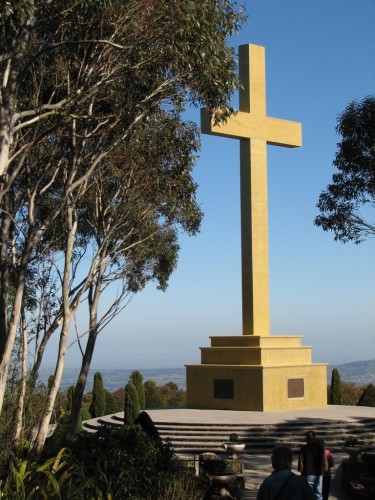Writing can be a very discouraging occupation at times. Much of the time actually. I went through a period of many months a few years ago when I had a string of rejections – 30 of them in a row. It almost brought me to the point of quitting.
But like my need to breathe, I need to write.
So I kept on writing and submitting stories, poems and articles. I kept posting on my blogs. Soon the income from my blogs increased and soon I started getting my writing accepted again. I’m pleased I didn’t give up. The most recent 30 submissions have seen 18 acceptances. Now that’s a better acceptance/rejection ratio.
My most recent publication success came this week with the arrival of a complementary copy of a magazine which included a suite of five sonnets I had written. That’s more encouragement, and I really needed that because I’m going through a few tough health issues at present.
Never quit.
Keep on writing.
Good writing.
